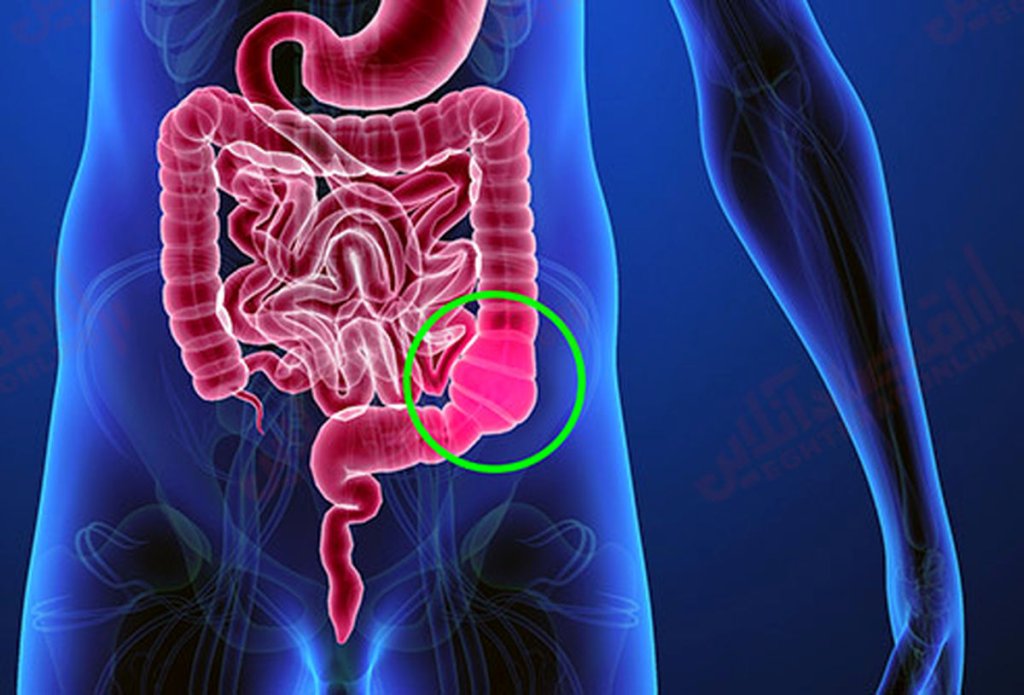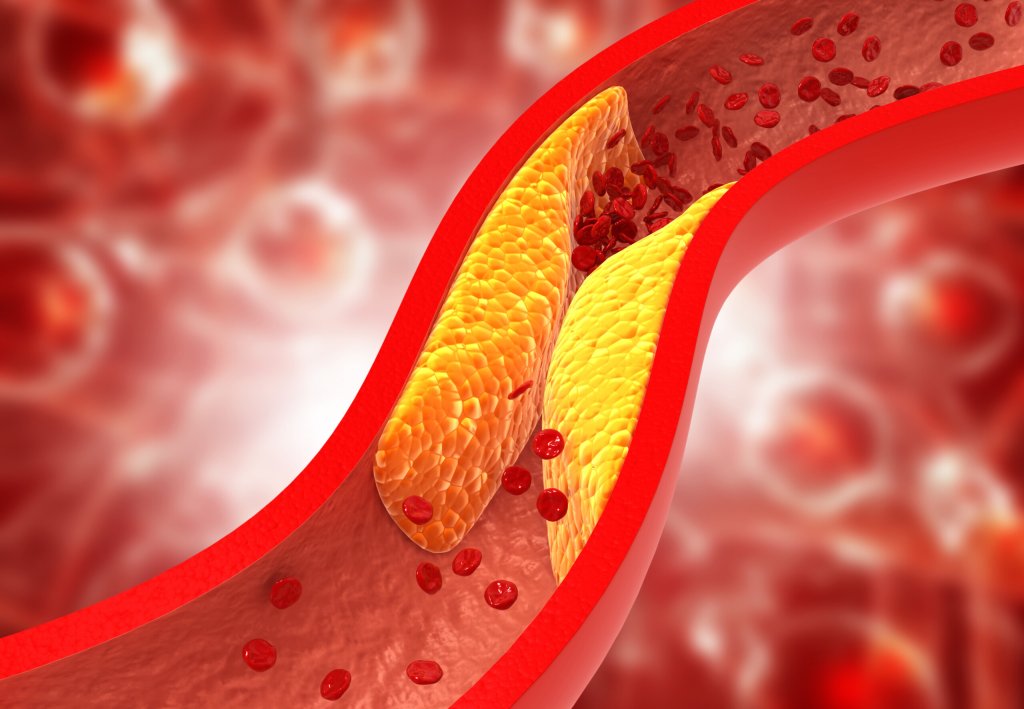The reason why breads are eaten so much is very obvious, as they are delicious, convenient and can be easily transported anywhere. However, like most things that taste very good, bread also has negative effects on the human body. When our body is uncomfortable, it sends us some signs so that we can handle the problem.
- Constipation

People who are intolerant to gluten or who suffer from Celiac disease but are not aware of it may feel bloating constantly. In addition, they may have difficulty going to the toilet because they feel their bowels are blocked. You may not be intolerant to gluten, but you may have a high sensitivity when you consume wheat and other grains. The best thing to do in this case is to do some tests with your doctor so that you can find out if gluten is harming you.
- You’ll get hungry faster.

It is true that highly refined cereals such as white bread, white rice and crackers are high in calories. The way these foods work is to make you want to eat more because of their sugar content. That’s why when you feel sadder or stressed, you reach for refined grains that will make you feel better for a moment.
Therefore, if you switch to whole grain products, you will also prevent weight gain, which is something that can be easily prevented. A study has proven that these products can help you lose belly fat faster than refined grains. And this is because they contain more vitamins and minerals. But this does not mean that you can overdo it with their consumption.
- Cholesterol levels rise.

Your own baked bread may not be responsible for your rising cholesterol, but products such as baked goods, croissants, butter pies and all kinds of packaged bread products purchased from grocery stores or bakeries are high in trans fats. These products contain a lot of butter and eggs, which, if consumed regularly, can increase your cholesterol.
Also, most products containing gluten fall into the same harmful category. These products may include most of the packaged cookies and cakes, buns and commercially fried foods. The best thing you can do is to always check the package to see if it is in the content section.
- Skin problems occur.

Refined grains are the culprit of another problem you may encounter. Pasta, white rice, noodles, cereals and any food made with white flour can cause skin breakdowns. According to one study, people who consume a lot of refined carbohydrates have a 30% higher risk of developing acne. This is because these products are high in sugar and increase your insulin levels.
In response to this increase, androgen hormones become more active and the formation of acne begins. On the other hand, people who do not consume a lot of sugar will have a smaller number of skin problems.
- You may feel very sleepy after meals.

When you consume too much bread in your daily diet, a Tue amount of insulin is released into your bloodstream. Insulin helps tryptophan stay in your blood longer than you want. Tryptophan is an amino acid that helps to produce serotonin and melatonin, which are 2 neurotransmitters that help balance your mood. They also promote sleep and help regulate the sleep-wake cycle.
That’s why you may feel sleepy and extra sedentary after eating a big meal full of refined grains. Therefore, if you need to return to work after eating, you may want to rethink your nutritional choices.
- Your blood pressure will rise.

Excessive salt consumption is a big factor that causes our blood pressure to increase. A plain slice of bread can have up to 230 mg of salt, which is 15% of the upper daily limit. A simple sandwich will double this amount. Highly processed foods such as pizza, bread and sandwiches increase the amount of sodium even more.
The result of a high sodium intake is an increase in blood pressure, which is the case for many people suffering from heart disease and stroke..
- Your mood may be bumpy.

Bread can cause energy due to its high sugar content, but this energy is followed by weakness. A study has shown that if refined grains are not digested properly, their compounds can reach someone’s brain and cause some mental problems. There is evidence that wheat-sensitive people tend to suffer from schizophrenia, bipolar disorder, depression and anxiety. Many people who have started a wheat-free diet have seen a significant improvement in their mental health.
0 Comments